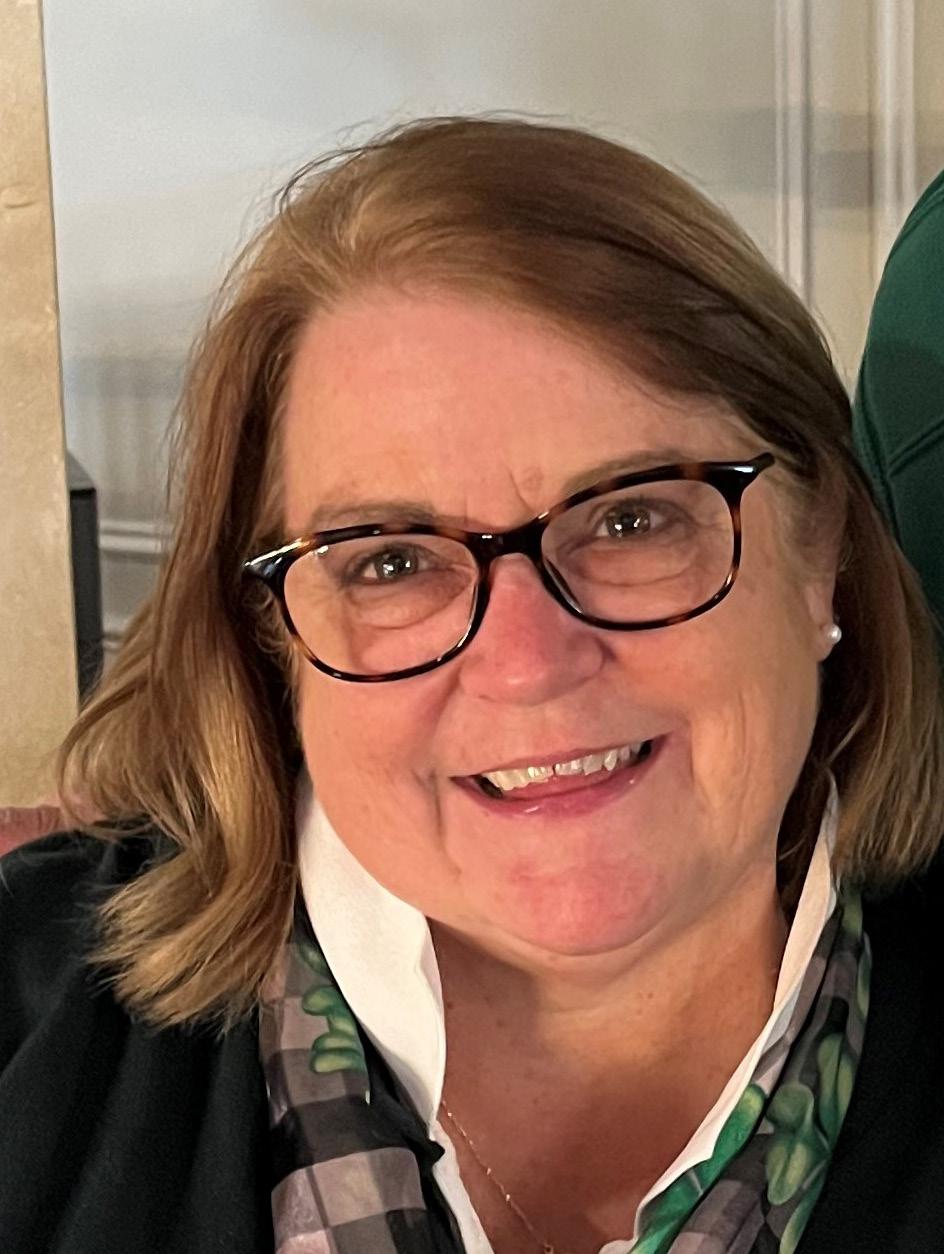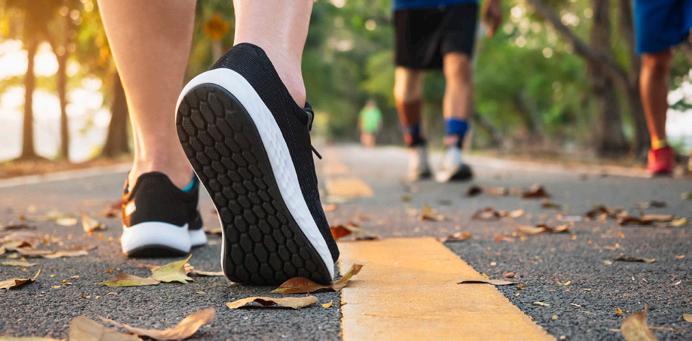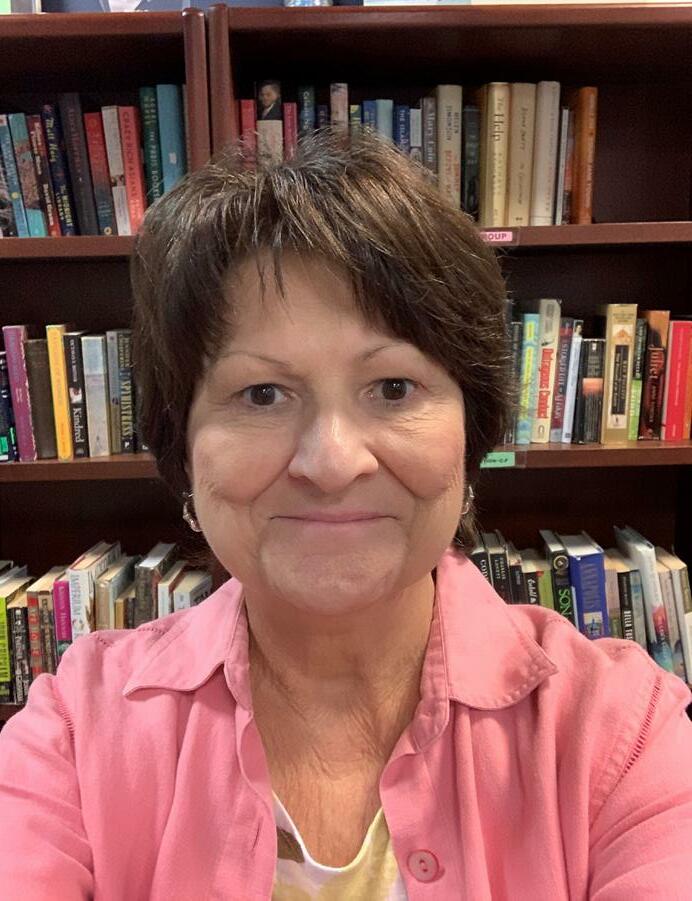
5 minute read
LEARNING

Fun, Socialization, Learningg
Advertisement
Various organizations in the Syracuse area offer classes for boomers
By Deborah Jeanne Sergeant
Going back to school as an adult just for the fun of it can offer many benefits.
“For seniors, especially post-pandemic, they need to get their minds re-engaged,” said Elizabeth A. O’Hara, program director at PEACE, Inc. in Syracuse. “You do enrichment classes with a group of fellow senior citizens. If you have four to five people trying something new, it’s built-in support system. People are willing to try something different after the pandemic. They want to get out of the house and socialize but have fun.”
Doing something new is not only fun but helps maintain good health.
Shannon Loughlin, director of recreation at The Nottingham, focuses on five domains in therapeutic recreation: cognition, emotion, social, physical and spiritual.
“It improves one’s quality of life, increases cognition, memory and reasoning abilities, gives a sense of achievement, increases physical health by staying active,” she said.
She considers many residents at The Nottingham lifelong learners who like trying new things, such as art classes led by residents who were art teachers.
Volunteers from Syracuse University come in to lead a writer’s group, which produces poetry and other works.
“We had a resident who is Jewish and was on a refuge train to England and he wrote a book on it and he shared his story with us,” Loughlin said. “Another was in the Guinness Book of World Records for building the smallest piano. Another started an integrated boy’s club down South. These folks have lived some beautiful lives.”
Sandy Roberts, assistant to the director at Upstate Oasis in Syracuse, thinks that keeping both body and mind active in retirement is the most important thing. “Oasis was founded on bringing together community engagement, physical activity and mental stimulation.”
If the class is physical, such as waltzing, tai chi or golf, it benefits aspects of physical health such as strength, endurance, balance and

Sandy Roberts
flexibility. However, even getting in the car, driving to an art class, standing for 45 minutes and driving home is more active than sitting home alone all day.
Upstate Oasis’ most popular classes are art, history and second languages.
“People are also excited about taking fitness classes over Zoom,” Roberts said. “These are well-attended. We’ve gotten people from across the country. Snowbirds will take them while they’re gone. They introduce their friends in Florida and we may pick up some of them.”
In addition to increased longevity, cognition and health, Roberts said that participating in classes can help develop friendships. Many retirees miss the friends that rearing children and working a job brought into their lives. Since they’re no longer going to a workplace or chatting with other parents and a child’s soccer game, participating in enrichment classes can bring a new group of friends into their lives.


Elizabeth O’Hara
RESOURCES
• Upstate Oasis provides dozens
of in-person and remote classes targeting older adults on numerous topics, including fitness, arts, history and technology. Most are an hour long and can last one to 47 sessions, each meeting twice a week to weekly.
https://upstate.oasisnet.org
• Jewish Community Center and
YMCA offer classes for all ages, but also provide select sessions for older adults. In addition to these organizations, look for enrichment opportunities at local schools. Many schools allow the public to audit classes for free with permission, meaning that they will not take tests or earn credits, but can enjoy the knowledge shared. Some provide fee-based enrichment classes targeting older adults.
https://jccsyr.org https://oswegoymca.org https://ymcacny.org • Cornell Cooperative Extension of
Oswego County and Onondaga
County provide numerous community classes. Although not geared toward a specific age group, they tend to attract adults older than 50 who have the time to join them. Their topics skew toward home-based concepts, such as gardening, nutrition, health and environmental concerns.
https://thatscooperativeextension.org http://cceonondaga.org
• Other sources: Some organizations have begun offering enrichment classes — not just educating people who want to make a living at their subject — such as
Clayscapes Pottery in Syracuse and Infinite Light Center for Yoga and Wellness inFayetteville.
www.clayscapespottery.com https://infinitelightcenter. com/yoga-classes
Want to Live Longer? Exercise More, Study Confirms
Middle-aged people could add years to their lives just by getting off the couch and going for a walk every day — though it wouldn’t hurt to do even more, a large new study suggests.
The researchers followed over 100,000 Americans for decades and found what many have shown before: People who exercise as much as health experts recommend tend to live longer.
In line with recommendations, adults should strive to exercise moderately for 150 to 300 minutes a week, through activities like brisk walking. The other option is to go for sweatier activities, like jogging or biking at a fast clip, for 75 to 150 minutes each week.
In this study, middle-aged people who met those goals were about 20% less likely to die over the next 30 years.
But while hitting those goals was good, the study found, surpassing them was a bit better. People who regularly got two to four times the recommended amount of exercise — moderate or vigorous — shaved a few more percentage points from their risk of dying during the study period.
Experts stressed that the most important thing is to get moving regularly, as doable amounts of activity are better than none at all.
“Most people — particularly insufficiently active people — can get significant health benefits by performing the currently recommended levels of exercise,” said lead researcher Dong Hoon Lee.
However, to get the “maximal benefit” in terms of longevity, it’s a good idea to spend more time being active, said Lee, a research associate at the Harvard School of Public Health in Boston.
The findings, published July 25 in the journal Circulation, are based on more than 100,000 U.S. health professionals taking part in two longrunning health studies.










